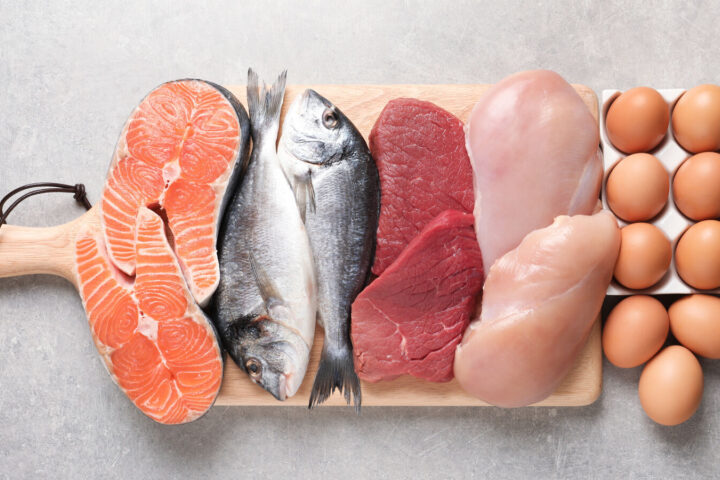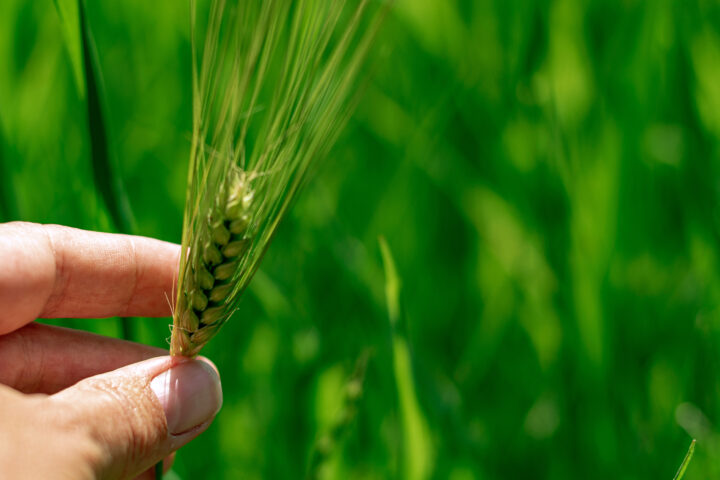
Swiss bread without Swiss grain?
Due to the exceptionally wet summer, the 2021 bread grain harvest will also be poor. Both - the quantity and quality of bread wheat - have suffered severely. To secure the bread supply, import quotas had to be applied for from the Federal Government. More imports are necessary.
Wednesday, December 1, 2021
The industry organization for cereals, oilseeds and protein crops (swiss granum) is complaining about major harvest and quality losses in 2021, as "foodaktuell" reports. The organization had already warned in September. In particular, Bread wheat has suffered from the summer's constant wetness and hailstorms. Overall, the bakeable bread grain harvest was 30 percent lower than last year. The shortfall in grain can only be partially compensated for from existing stores. An application has therefore been made to the Federal Office for Agriculture for an advance withdrawal of the import quota. More grain will have to be imported to cover domestic demand.
Lack of Swiss grain for new Swissness label
At the same time, swiss granum wants to strengthen Swissness and presents the new brand “Swiss Bread”. Breads and baked goods made in Switzerland with 80 percent Swiss flour are to be marked with the new label. According to “foodaktuell”, already 220 bakeries have registered for the brand. The question is: Does such a label make sense if not enough domestic bread grain can be produced? According to swiss granum, one obstacle is the implementation of the Federal Government's reduction path. The massive reduction of plant protection products intensifies the problem of crop failures. For the industry organization, the cultivation of cereals and oilseeds must remain attractive in the future. To this end, the Federal Government must also push ahead with variety testing, for example to allow plant varieties with increased pest resistance.
Sources
Related articles

Why Strict GMO Regulation Stifles Innovation
New breeding techniques such as CRISPR-Cas are considered key to developing resilient crops, stable yields and reducing the need for plant protection products. ETH professor Bruno Studer warns that overregulating these technologies strengthens precisely those large agricultural corporations that critics seek to curb, while excluding smaller breeders and start-ups from the market.

A Superfood with Benefits and Challenges
Sweet lupin is Biovision’s “Superfood of the Year 2026.” It delivers high protein content, improves soils and supports biodiversity. Yet a closer look at agricultural practice shows that without breeding, crop protection and innovation, even this superfood remains a challenging crop.

Sales bans due to PFAS: Should we be worried?
After spectacular sales bans on fish and meat due to PFAS contamination, consumers are asking themselves: How dangerous are these substances really – and what can still be placed in the shopping basket without concern?

How German Experts View New Breeding Techniques
In hardly any other country is the idyllic image of organic farming cultivated in the public sphere as carefully as in Germany. Naturalness and rural authenticity are powerful mental refuges for many Germans. Against this backdrop, it is hardly surprising that resistance to new breeding techniques is strong – and that ignorance about the realities of organic farming sometimes appears almost deliberate.

